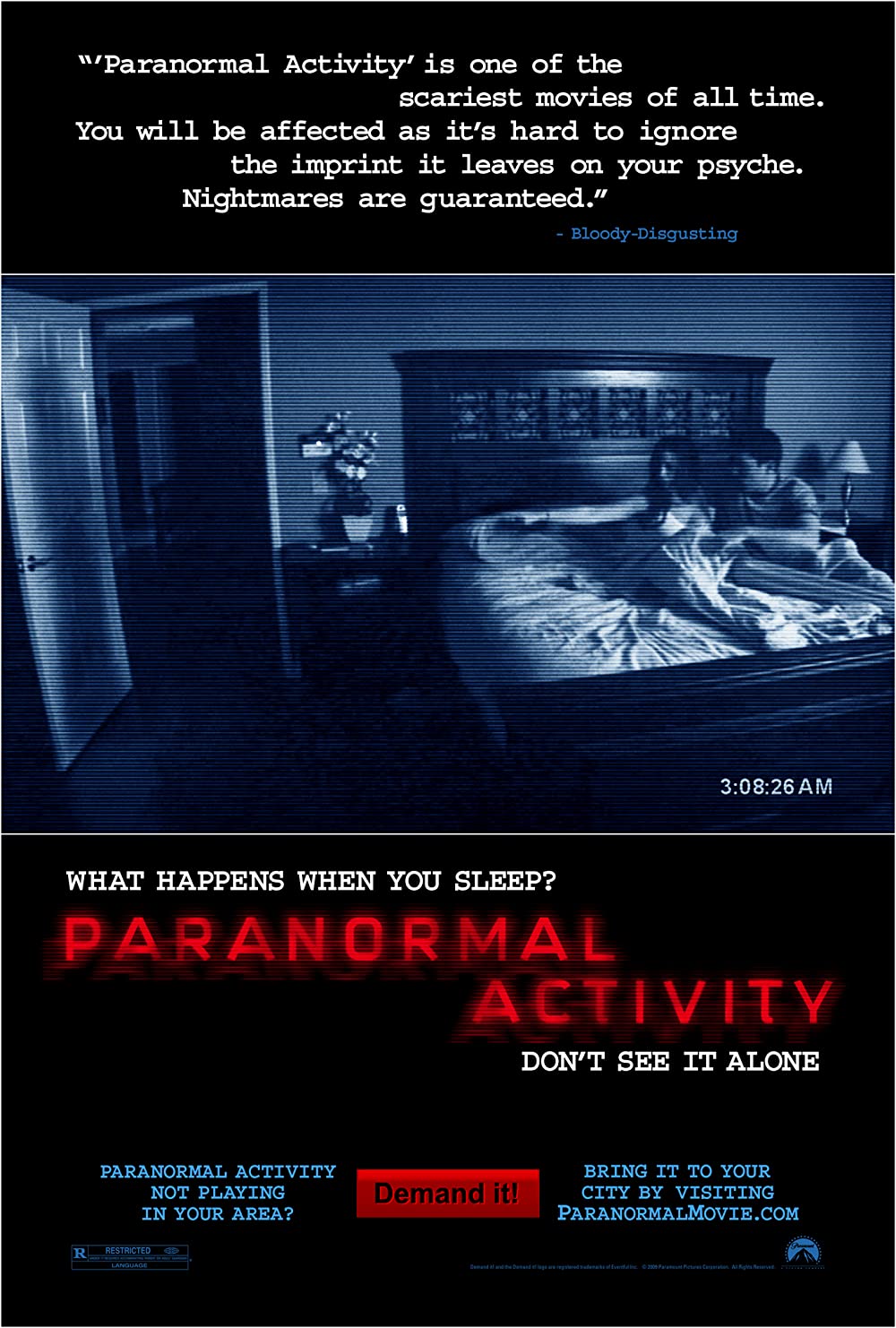Last week, the South Korean drama “Little Women" was taken down from Netflix Vietnam due to violations of Vietnamese laws. In episodes 3 and 8 of the most talked about series, the characters made inaccurate statements about the Vietnam War.
Despite the previous support for the series' outstanding plot and acting, the Vietnamese audience expressed disappointment that the writers did not conduct proper research on an important historical event.
In the drama, a character named Won Ki Seon, a former Vietnam War veteran said: “The Korean soldiers wiped out 20 Vietcong soldiers at once. One soldier single-handedly killed 10,” and “Korean soldiers are the heroes of the Vietnam war.”
However, “Little Women” was not the first series or film pulled down from streaming platforms and big screens in Vietnam. With a tragic history that remains fresh to many Vietnamese and territorial disputes yet to be solved, the national government implements strict rules on foreign films and series shown in the country.
We listed five films that failed to make it to the big screens.
Ace Troops

Nearly one year ago, “Ace Troops" was also banned from being screened in Vietnam for reasons similar to the issues facing “Little Women.” At the end of September 2021, there were doubts that the Chinese series contained historically incorrect information about the Sino-Vietnamese War in 1979.
In October, Vietnamese Foreign Ministry spokeswoman Le Thi Thu Hang also made an official comment on the case: “Vietnam's consistent policy on historical issues is to put aside the past, look to the future, view history correctly and objectively, and conduct positive work in order to enhance understanding for the people of both countries, hence, contributing to friendly relations, cooperation and development among countries around the world.”
At that time, the Vietnamese fan pages of actors in the series stopped updating news or turned off comments to show disapproval.
Uncharted

“Uncharted" was one of the most anticipated films in Vietnam this year, mainly because Vietnamese-favorite Tom Holland headlined it. However, it was not shown in theaters because of the appearance of the “nine-dash line” in one of the scenes. According to the Chinese government, this line proves that they own 90 percent of the East Sea, which has been met with strong opposition from the international community.
Unfortunately, many films and movies have made the same mistake, featuring this line in their works. In 2019, “Abominable" was taken off national theaters after discovering the “nine-dash line” in one of the scenes. Several Chinese TV series, such as “Put Your Head On My Shoulder,” “You Are My City and Fortress,” and “Forever and Ever,” were boycotted for showing the nine-dash line.
The Roundup

The Vietnam Film Law strictly prohibits scenes that incite violence or criminal acts and those that feature images, sounds, dialogues, beatings, torture, brutality, and other offensive acts to human dignity. “The Roundup,” a South Korean action movie starring Ma Dong-soek, did not pass evaluation for presenting scenes deemed barbaric.
The movie follows the journey of Detective Ma Seok-do to Vietnam to catch a suspect and investigate murders targeting travelers over many years.
The Hunger Games 1

Many people were surprised that “The Hunger Games” was not screened in Vietnam in 2012. At that time, a member of the National Censorship Board said that the concept of The Hunger Games was too cruel, even for a game. However, Hunger Games is already a familiar story to many Vietnamese, with the books being translated into Vietnamese years before.
Unlike the first one, the other three succeeding installments — The Hunger Games: Catching Fire, The Hunger Games: Mocking Jay 1 and 2 — made it to national theaters.
Paranormal Activity

Another popular movie that the Vietnamese audience couldn’t watch on the big screen — despite high anticipation — was Paranormal Activity. Despite being a big hit every Halloween in the US, the film was banned in Vietnam. The reason given for this was that the franchises contained superstitious elements.
The films tell stories of families haunted by the demon Asmodeus Tobi. Its use of production and security cameras throughout the movies made it a great horror franchise, portraying the paranormal activities as natural, raw footage.
